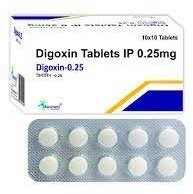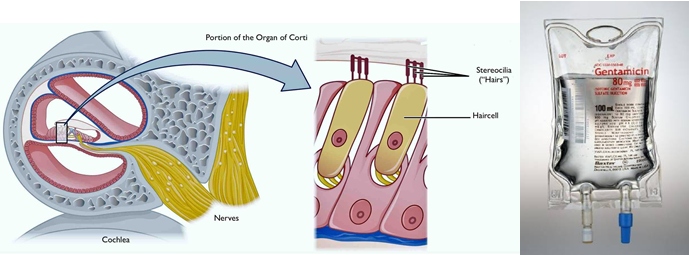An elderly client with heart failure comet to the emergency room because of nausea, vomiting, and anorexia. Based on the client’s signs and symptoms, which data from the medical history has the most significance when planning this client’s care?
A coronary artery bypass procedure was performed in 1995.
Suffered with depression following death of spouse in 1999.
Digoxin and furosemide daily since 1996.
A Colonoscopy was performed for routine screening six months ago.
The Correct Answer is C
Digoxin is a medication commonly used to treat heart failure by strengthening the heart's contractions and slowing down the heart rate. However, it can also cause nausea, vomiting, and loss of appetite, especially when levels in the body are too high. Furosemide is a diuretic medication that helps to remove excess fluid from the body, which is often necessary in heart failure. However, it can also cause electrolyte imbalances, such as low potassium levels, which can contribute to nausea and vomiting.
Therefore, in a client with heart failure who is experiencing these symptoms, it is important to assess their medication regimen, including dosages and serum levels, to ensure that they are not experiencing medication side effects or toxicity.
Adjustments may need to be made to the client's medication regimen to manage symptoms effectively and prevent further complications. Options (a), (b), and (d) do not have as direct a correlation to the current symptoms and would not have the same level of significance when planning care for this client.

Nursing Test Bank
Naxlex Comprehensive Predictor Exams
Related Questions
Correct Answer is B
Explanation
Metformin is a medication that can affect kidney function. Since contrast dye used in CT scans is processed through the kidneys, it is important for the nurse to follow up on the client’s use of metformin before the CT scan with contrast. The client may need to temporarily stop taking metformin before and after the procedure to prevent any potential harm to their kidneys.
Correct Answer is A
Explanation
Gentamicin sulfate is an aminoglycoside antibiotic that can cause ototoxicity, which is damage to the inner ear leading to hearing loss or balance problems. Therefore, a decrease in hearing is an indication that the client may be experiencing an adverse effect of gentamicin.
Option b, decreased blood urea nitrogen, is not an adverse effect of gentamicin, but it may indicate improvement in kidney function, which can be a positive outcome of treatment.
Option c, a white blood cell count of 6,000/mm3 (6x109/L), is within the normal range and is not necessarily an adverse effect of gentamicin.
Option d, photophobia, is not a common adverse effect of gentamicin and may indicate a different condition or medication effect.

Whether you are a student looking to ace your exams or a practicing nurse seeking to enhance your expertise , our nursing education contents will empower you with the confidence and competence to make a difference in the lives of patients and become a respected leader in the healthcare field.
Visit Naxlex, invest in your future and unlock endless possibilities with our unparalleled nursing education contents today
Report Wrong Answer on the Current Question
Do you disagree with the answer? If yes, what is your expected answer? Explain.
Kindly be descriptive with the issue you are facing.
